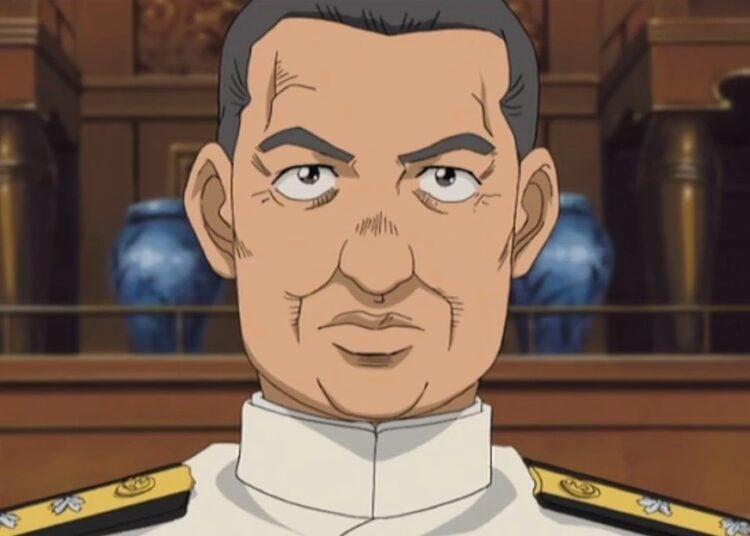Whenever we go to the U.S. for a visit, it seems we discover new differences between our two home countries, and this time we learned that driving habits you pick up in one country can be difficult to discard in another. I’m not talking about driving on the opposite side of the street — that’s not that difficult, as long as you take it slow and go the same way as the other cars on the road. It’s other things, like the polite Japanese custom of flashing the emergency lights twice to say “thank you” to a car that’s just let you in in front of them, something that isn’t done in California, though we found ourselves doing it anyway. Japan’s politeness behind the wheel extends to the car’s horn, and I found myself actively avoiding the Japanese “short greeting beep” since it might get me dirty looks in the U.S., where honking the horn is usually done in anger. In Japan, all cars are required to stop for three seconds before driving over railroad tracks, and it felt odd to zoom over them without stopping in the U.S. Some driving customs are just too dangerous to bring over, though, like the habit of turning off one’s headlights at a stoplight to keep from blinding the person across the intersection from you. I opted to be rude and keep my headlights on.
While in the U.S., we happened to pass by a car with a custom license plate that read SKY LMMT. “That probably stands for ‘the sky is the limit,'” I explained, and my Japanese wife observed that this was a very “American” sentiment to have on a license place. I’ve often been told by Japanese that their impression of Americans is that we’re always positive and optimistic about things, an idea which (I’ve been told) goes back to the days after World War II, when the confidant, can-do attitudes of the American soldiers helped lift the spirits of the defeated Japanese. I encountered the “optimism gap” between Japan and America back in 1996 when I announced to my wife that I wanted to quit my English teaching job and do something with this new thing called the Internet. I knew in my heart that a company selling random and wacky things directly from Japan would be a great business, but the reaction from my Japanese family (especially my conservative mother-in-law) wasn’t exactly positive, and I had to work hard to change their minds. So what do you think? Are the Japanese correct in viewing Americans as optimistic, positive people?

Seen from Japan, Americans are very optimistic and positive-minded.














